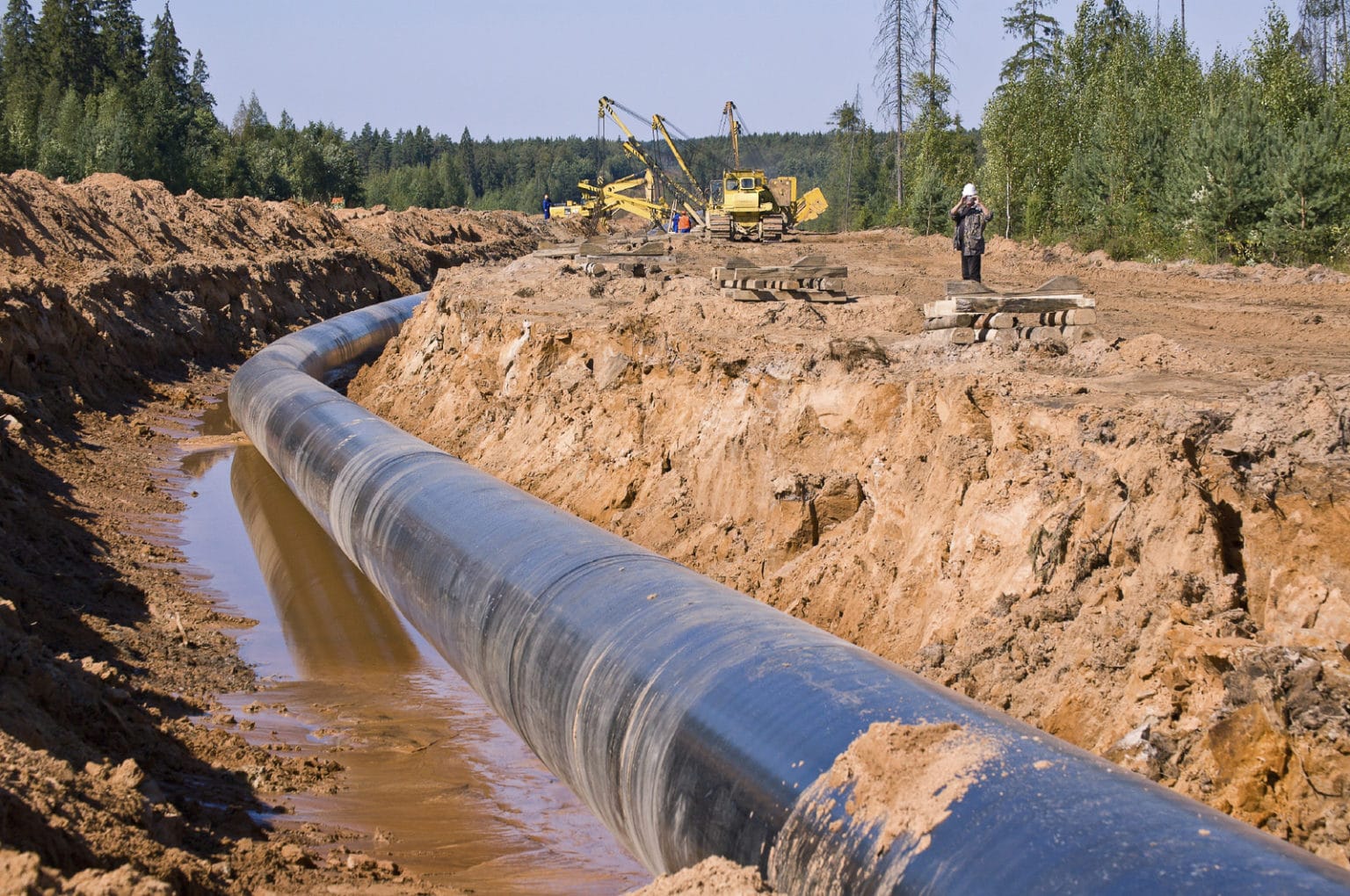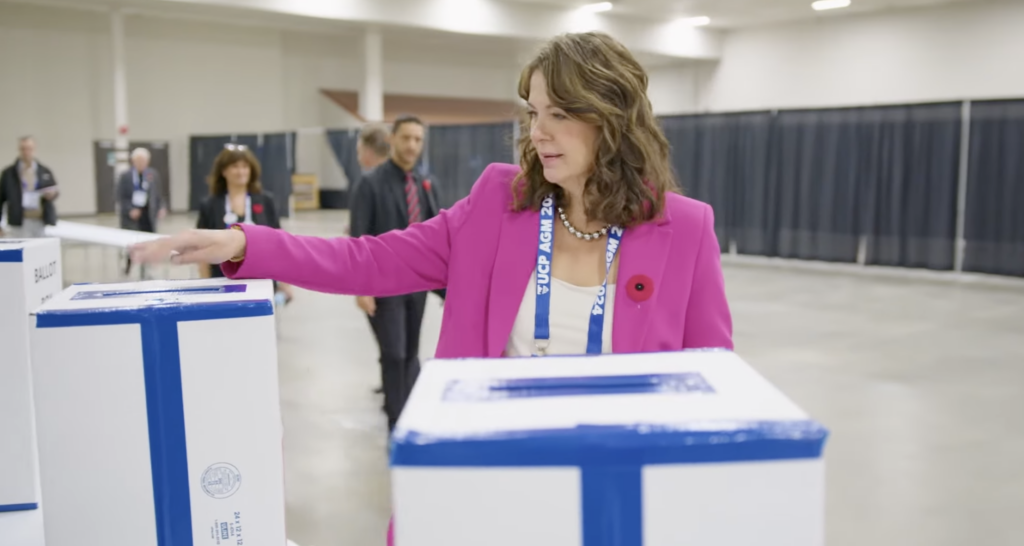Connecticut regulators dealt a blow to pipeline company Spectra Energy Corp. this week by abandoning several utility proposals that would have relied on Spectra’s beleaguered Access Northeast pipeline, a 125-mile pipeline expansion project planned to span from New York state to just past Boston, MA.
Connecticut’s move comes in the wake of a major defeat for Spectra this summer, when the Massachusetts Supreme Court ruled that the state’s electrical ratepayers could not be forced to assume the financial risks associated with building gas pipelines as Spectra had hoped.
Despite that decision, Spectra had pledged to move forward with construction — but the company has increasingly struggled to find business partners willing to commit to buying the gas those pipes would carry. Earlier this month, New Hampshire regulators also rejected a key Access Northeast contract.
“With yet another state abandoning proposals for more natural gas pipeline capacity, these efforts to expand fossil fuel infrastructure in New England have hit a virtually unsurpassable roadblock,” said Conservation Law Foundation president Bradley Campbell, whose organization had filed the Massachusetts lawsuit. “Without Massachusetts, New Hampshire or Connecticut in the mix, Spectra has lost a whopping 84 percent of the customer base needed to finance this ill-conceived proposal.”
While the decision from Connecticut regulators directly affects the natural gas build-out in New England, the regulators’ core logic could also carry difficult implications for the entire natural gas industry. While environmentalists oppose building new natural gas infrastructure in large part because of concerns over climate change — with peer-reviewed scientific research concluding that because of methane leaks, natural gas could be a worse fuel for the climate than coal — Connecticut regulators focused on the economics of the fuel.
Their decision cited the “volatile electricity prices and significant risks to electric reliability due to limitations in our restructured electricity market that have driven investment in new natural gas-fired power plants, but not in the natural gas delivery infrastructure needed to ensure that those plants can run reliably all year round.”
In other words, while natural gas might be cheap at the moment, the industry has a long history of sudden price spikes and dramatic collapses, and regulators are wary that any gas infrastructure built today will be expected to remain in service throughout these severe ups and downs, leaving consumers in the lurch.
By contrast, wind and solar energy have thus far generally lowered in price — making renewables potentially not just better for the climate, but also better over the long run for people’s home electric and heating bills.
That was the conclusion of Massachusetts’s Attorney General last year, which conducted an examination of the reliability of the region’s power grid and what options for improving the electrical system’s dependability would be most cost-effective and clean.
“This study demonstrates that we do not need increased gas capacity to meet electric reliability needs, and that electric ratepayers shouldn’t foot the bill for additional pipelines,” said AG Maura Healey said when her office’s conclusions were released. “This study demonstrates that a much more cost-effective solution is to embrace energy efficiency and demand response programs that protect ratepayers and significantly reduce greenhouse gas emissions.”
Spectra is not the first pipeline company to find its projects faltering in the face of a mix of active opposition from environmentalists and wary gas buyers. In April, Kinder Morgan abandoned its planned $3.3 billion Northeast Energy Direct project, which also would have run gas pipelines across New England, after also failing to find buyers for the gas
This week’s decision was touted by the Conservation Law Foundation as a potential nail in the coffin for Access Northeast.
“It’s time to kill this project altogether,” Mr. Campbell said, “and look forward to opportunities for the clean, renewable alternatives that our families demand, our markets expect and our laws require.”
Photo Credit: NPCA Online, Construction of a Gas Pipeline, via Flikr.
Subscribe to our newsletter
Stay up to date with DeSmog news and alerts







